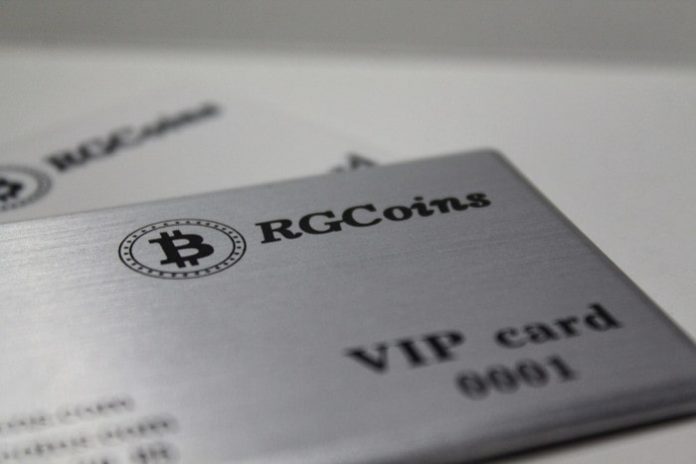The owner of a cryptocurrency exchange was sentenced to 121 months in prison for money laundering and conspiracy to commit a Racketeer Influenced and Corrupt Organizations Act (RICO) offense.
U.S. District Court Judge Robert E. Weir sentenced Rossen G. Iossifov, 53, formerly of Bulgaria, for conspiracy to commit a Racketeer Influenced and Corrupt Organizations Act (RICO) offense and conspiracy to commit money laundering.
Iossifov’s exchange advertised physical cards to customers
Iossifov, according to information revealed during the two-week trial, owned and managed RG Coins, a cryptocurrency exchange headquartered in Sofia, Bulgaria. As the owner of RG Coins, Iossifov intentionally designed his platform with money laundering in mind. While doing so, Iossifov took steps to limit his legal liability. At least five of the users of RG Coins were members of a network of fraudsters known in court records as the Alexandria (Romania) Online Auction Fraud (AOAF) Network.
More specifically, according to court documents and evidence presented at trial, Iossifov and his co-conspirators participated in a criminal conspiracy that engaged in a large-scale scheme of online auction fraud that victimized at least 900 Americans. Romania-based members of the conspiracy posted false advertisements to popular online auction and sales websites — such as craigslist and eBay — for high-cost goods (typically vehicles) that did not exist. Once victims were convinced to send payment, the conspiracy engaged in a complicated money laundering scheme wherein domestic associates would accept victim funds, convert these funds to cryptocurrency, and transfer proceeds in the form of cryptocurrency to foreign-based money launderers. Iossifov was one such foreign-based money launderer who facilitated this final step in the scheme.
The exchange stopped working after Iossifav’s arrest
Iossifov provided more favorable exchange rates to members of the (AOAF) Network than to other users of his exchange, according to court documents. Additionally, despite his claims to the contrary to other exchanges, Iossifov did not require any form of identity verification from his so-called “criminal clients.”
In three years, Iossifov laundered five million dollars through his exchange. Of the five million in laundered funds, Iossifov earned only $184,000.
Iossifov must serve at least 85 percent of his 121-month prison sentence.











